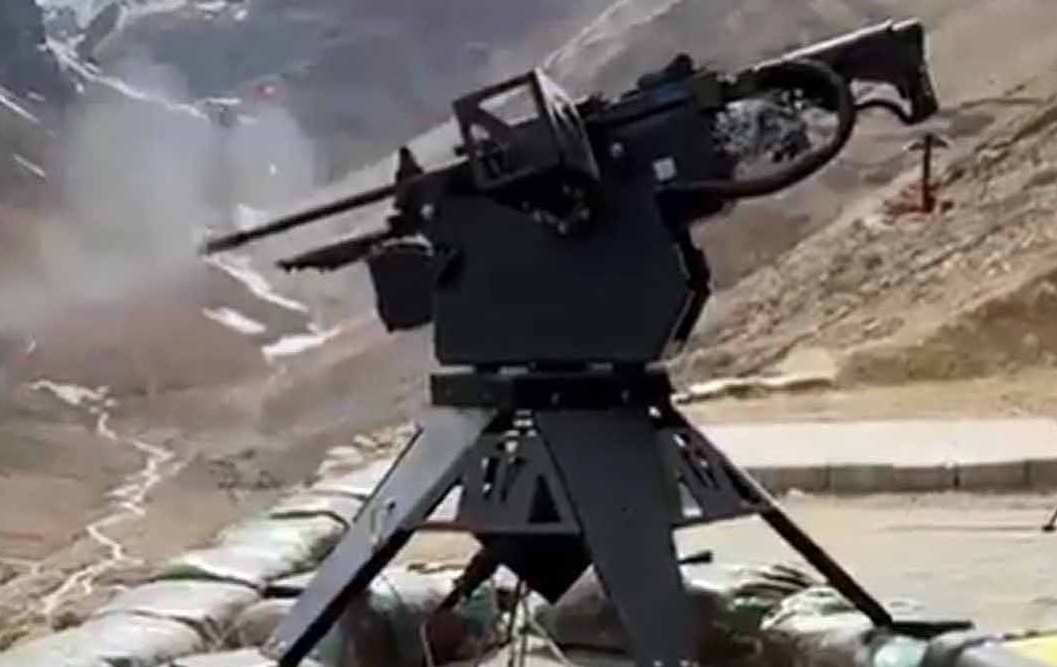Over 100 Feared Dead in Sudan’s Darfur as Paramilitary Violence Escalates

More than 100 people, including at least 20 children, are feared dead after a series of brutal attacks by Sudan's paramilitary group, the Rapid Support Forces (RSF), in the war-torn region of Darfur. The United Nations confirmed that the violence erupted in El-Fasher city and the nearby Zamzam and Abu Shouk camps, where thousands of displaced people are already battling hunger and a collapsing health system.
The coordinated assaults, which began Friday, involved both ground troops and aerial bombings. El-Fasher, the last major Darfur city still held by the Sudanese army, has become a key target for the RSF after the military recently regained control of Khartoum, Sudan’s capital.
Initial reports from volunteer groups placed the death toll at 57, but the army later reported at least 74 civilian deaths in El-Fasher alone, with dozens more injured. In Zamzam camp, where the situation remains unclear due to internet and communication blackouts, activists suspect many more may have died. Among the dead are nine humanitarian workers who were running one of the last operational medical centers in the camp.
UN Humanitarian Coordinator Clementine Nkweta-Salami condemned the killings, calling them part of a disturbing pattern of attacks on displaced civilians and aid workers. “These attacks are not just acts of violence; they are acts of cruelty targeting the most vulnerable,” she stated.
The RSF has denied targeting civilians, claiming a video shared by activists showing the aftermath of the Zamzam attack was fabricated. But local advocacy groups and eyewitnesses reported renewed clashes on Saturday morning, with sustained gunfire and chaos spreading through the camps.
Zamzam camp, one of Sudan's largest displacement sites, was the first area where a UN-backed study declared famine last year. Since then, famine conditions have expanded to other camps and are now threatening El-Fasher itself, with May predicted to bring widespread starvation.
Sudan’s civil war, which began in April 2023 between the RSF and the national army, has already taken tens of thousands of lives and displaced over 12 million people. With both sides facing accusations of war crimes, the international community has repeatedly called for restraint, yet the violence continues to intensify, particularly in Darfur — a region already scarred by past genocide and conflict.
What is happening now in Darfur is more than just another battle in Sudan's civil war — it’s a humanitarian catastrophe unfolding in real time. The RSF’s increasing aggression in El-Fasher signals their intent to completely control Darfur, which could push the war into an even more dangerous phase. El-Fasher is not only a military stronghold but also a lifeline for millions relying on humanitarian aid. Its fall would have devastating consequences.
Furthermore, the killing of humanitarian workers highlights the growing threat to aid operations. When the people responsible for delivering food, medicine, and care are being targeted, the entire support system begins to collapse. That’s already visible in places like Zamzam, where famine is not a risk but a grim reality.
This situation is worsened by a lack of international visibility. With communication lines down and aid agencies increasingly under attack, the true scale of the suffering is likely much larger than reported.
Unless global pressure is applied urgently to end the violence and ensure the protection of civilians and aid workers, the tragedy in Darfur could mirror — or even surpass — the horrors of the early 2000s. Sudan is on the brink of another dark chapter, and the world cannot afford to look away.
✍️ This article is written by the team of The Defense News.






